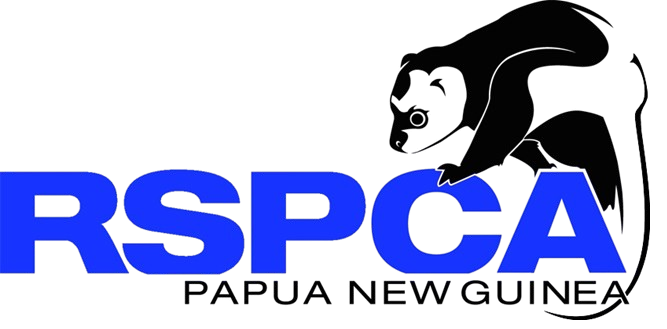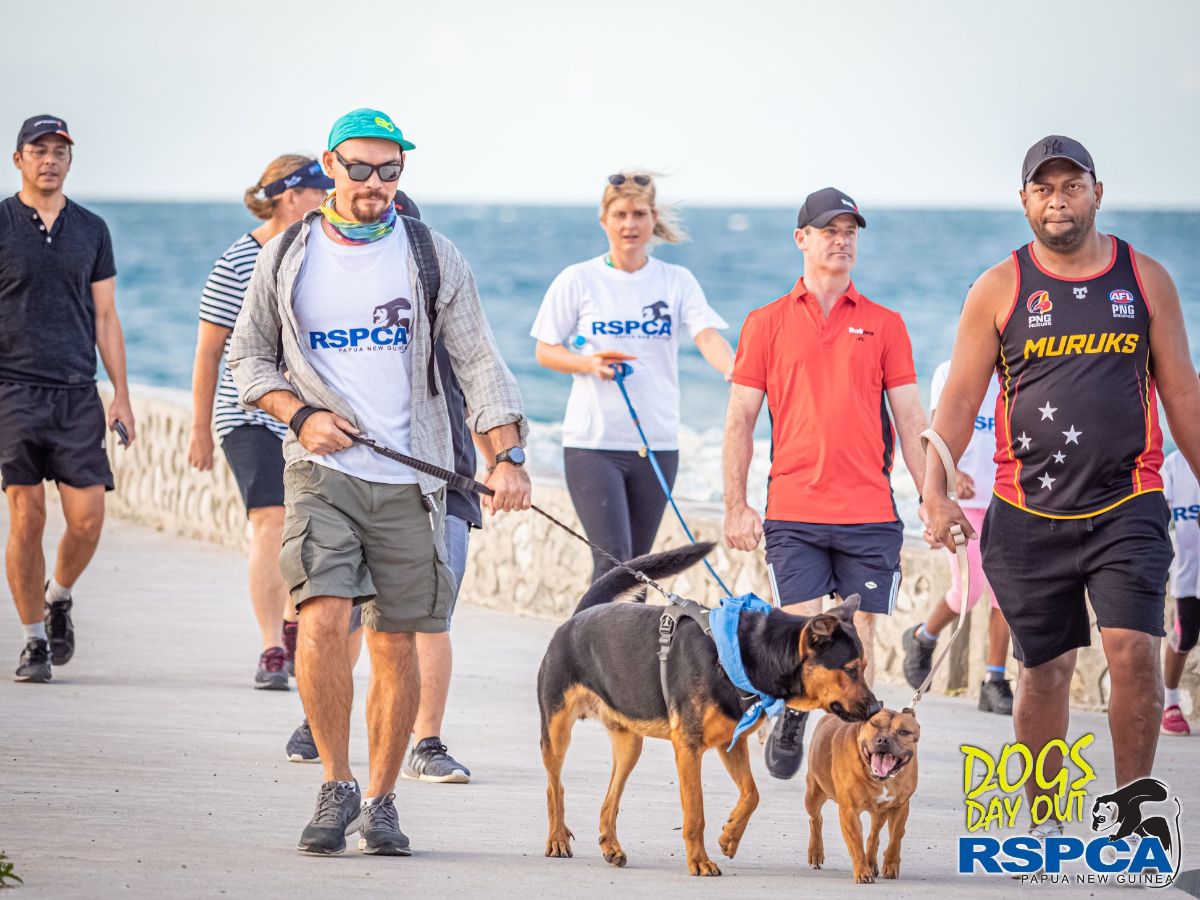
It is easy to find and adopt a puppy; perhaps too easy. Far too many puppies are abandoned, or ignored, when they grow into dogs. So before you adopt a puppy think about what a puppy needs, and remember that very soon your cute puppy will grow into a dog who will live for 10 years or more, and who will need your love and attention for the whole of its life.
A young puppy needs:
- many small feeds
- a safe and comfortable place to sleep
- a fenced yard and a weatherproof shelter
- your time for play and training
- regular washing and grooming
- veterinary attention
When you look after your puppy and give them all the care and attention they need, they will become a loving and faithful friend who will also protect you and your family.
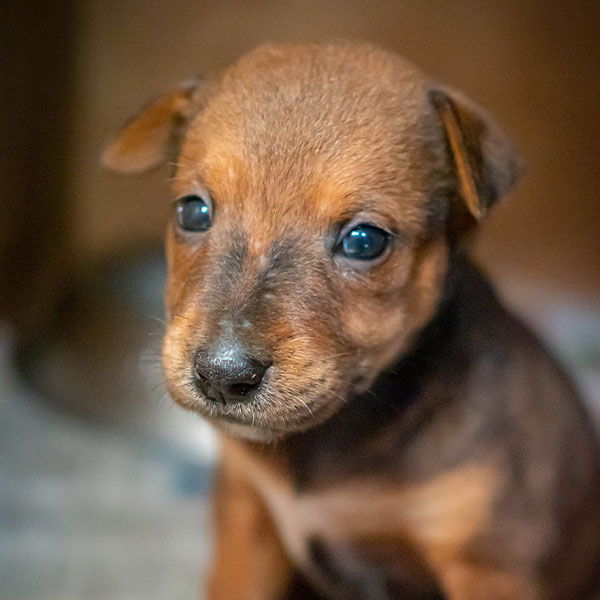
Choosing the right dog
After you have decided you can give a puppy all they need, you have to choose what sort of dog you want.
Do you want a big dog? Big dogs need more food, exercise and training than most little dogs. Big dogs cost more.
Do you want a purebred dog? Or are you happy to have a PNG special? Many pure bred dogs have special needs, and will cost you more time as well as money.
Do you want a dog with a long coat? These dogs can look beautiful, but they need a lot of grooming.
Do you want a dog (male) or a bitch (female)? A bitch will make a more loving family pet, but she will produce puppies twice a year unless she is de‐sexed.
The RSPCAPNG recommends that all dogs kept as pets or companions should be de‐sexed. De‐sexed dogs make better pets that will still protect you and your family, they live longer and have fewer disease problems, and they are less likely to fight with other dogs, AND they don’t add more strays and unwanted dogs to our streets.
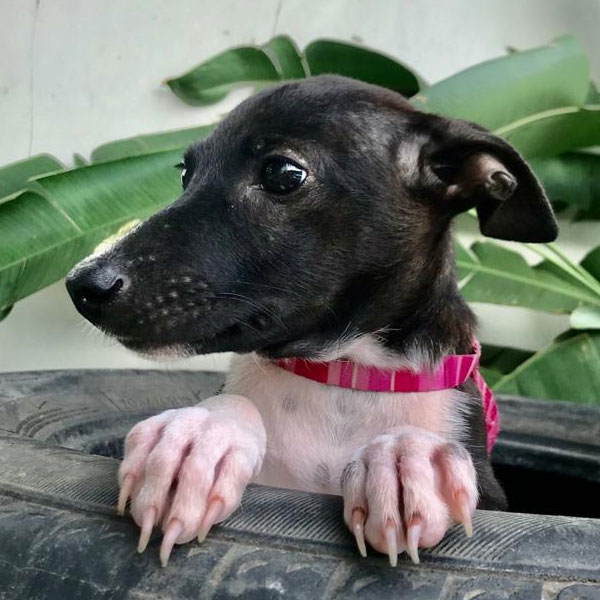
Which puppy to pick
Look at the puppy’s mother (and father if possible). If the adults are friendly; look healthy; clean and well fed, then the puppies are also likely to be healthy. Beware of puppies whose parents are related.
- Your puppy should be at least 8 weeks old and used to eating solid food
- They should be bright and alert, and, when awake, romping and playing with their littermates
- They should have a plump look, but not be pot bellied
- Their coat and skin should be soft and clean, free from ticks or fleas or bare patches, and they should not be itchy
- Their eyes should be bright and clear, they should not have weepy eyes
- They should be friendly and interested in you. It is not a good idea to choose a shy puppy, nor a bossy puppy, as these two will need more training to become well‐behaved pets.
No breed of dog has to have its tail docked. The RSPCAPNG Veterinary Clinic does not dock puppies’ tails.
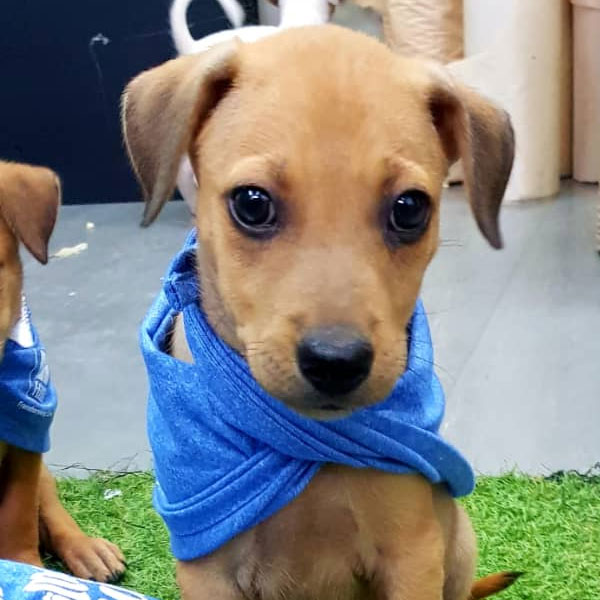
Taking your puppy home
Before taking your puppy home make sure that your yard is fenced, and that you have a soft bed, food and bowls ready for them. As soon as you get home show them its bed and where their water bowl is, then let them explore their new home. Take them to the place you want them to use as a toilet. Talk to them, and pet them to comfort them. Most puppies use the toilet on arrival in a new home.
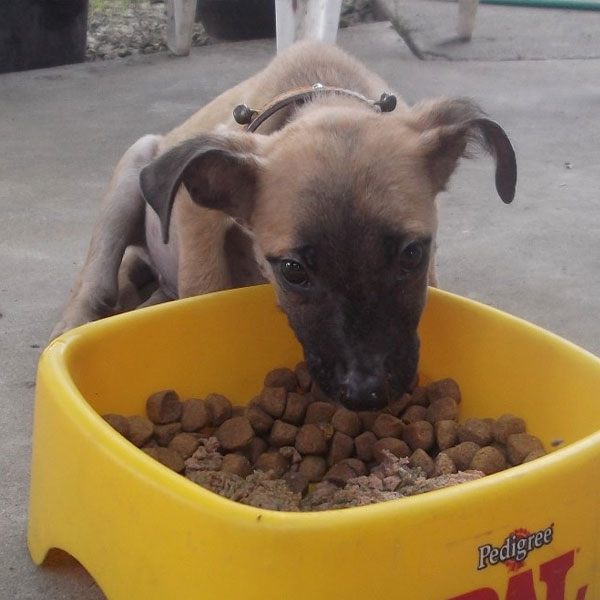
Feeding your puppy
Your puppy should always have a bowl of clean water. Your puppy will need to be fed four times a day for the first few weeks, until they are three months old, and then they need three meals a day until they are five months old.
Puppies need a ‘balanced diet’ made from cereals, meat or fish, and vegetables, for healthy growth and development. You can buy a commercial puppy feed or you can make your own; to do this make a stew that is one third well cooked rice, one third meat or fish and one third fruit and vegetables. While your puppy is young make sure the food is cut into very small pieces. Puppies and dogs often enjoy human food, and table scraps can be PART of your puppy’s diet, but always add the extra cereal, meat or vegetables needed to bring the meal back to the correct balance of one third cereal, one third meat or fish and one third vegetables and fruit.
Cows milk can be a good source of vitamins, especially calcium, for puppies, but some puppies cannot digest it. Give your puppy milk, but if they get a stomachache, or a loose motion, don’t give them any more. If your puppy is going to grow into a big dog they may need extra calcium and you can add crushed eggshells to their food occasionally.
Your puppy needs to chew on a raw bone, or a piece of hide, or a safe toy; otherwise they will chew on anything they can find. Chewing helps with teething, and keeps their teeth and gums clean and healthy.
NEVER give your puppy or dog cooked bones. Cooked bone splinters and can cause serious internal injury.
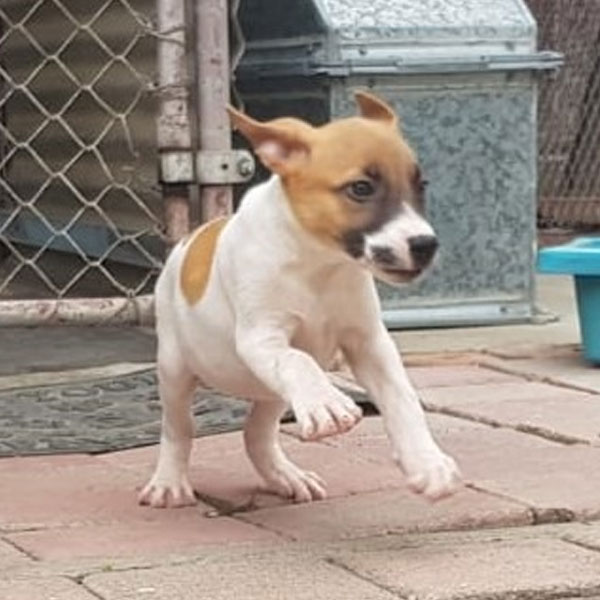
Training your puppy
After every meal and sleep take your puppy to their toilet area and stay with them until they relieve themselves. Pet them and talk to them so they don’t think the are being punished. Waiting may take some time, but if you stay with them until they have passed both water and a motion they will soon learn to always use their toilet area. Never scold or punish your puppy if they uses the wrong place, simply clean up the mess without speaking to them, then show him the right place and pet them.
Training your puppy should start from eight weeks old. Puppies can learn to come, to sit, to walk on a lead, and that ‘no’ means ‘stop what you are doing’. Always reward your puppy when they obey you. Keep their training sessions short, three minutes at a time is enough.
See our leaflet on ‘Training’ for further information.
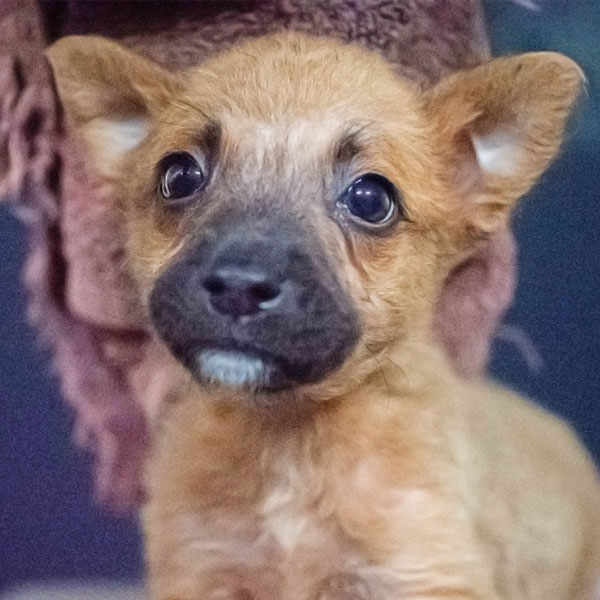
Health
Puppies need to be vaccinated against three serious diseases: Canine Distemper, Canine Hepatitis and Canine Parvo‐virus. Vaccinations are usually given at 8 and 14 weeks of age, and a booster vaccination will be needed every year all their life.
All puppies have intestinal parasites or ‘worms’. Dosing to remove these worms should be done every 4 weeks until they are 6 months old, and after then most dogs are dosed every 3 months.
Heartworm prevention should begin from about 8 weeks old. A variety of products are available for heartworm prevention, and an annual injection is now an alternative to tablets or syrup.
Puppies also need to have all external parasites (fleas, ticks and mange mites) controlled. There are many products available for parasite control, and some have dual purposes.
It is a good idea to discuss vaccination and parasite control with the RSPCAPNG Veterinary Clinic, to decide what programme best suits your puppy. We want you to have a long and happy life together.
Finally, if you and your family are planning to be away from home for any length of time you must arrange for a responsible person to take care of your dog while you are away. You must make sure that this person knows how to take care of dogs and that your dog will be kept in a secure place and not allowed to stray. This person should also have your authority to seek veterinary advice if necessary.
Alternatively the RSPCAPNG Vet Clinic has facilities to board all animals.
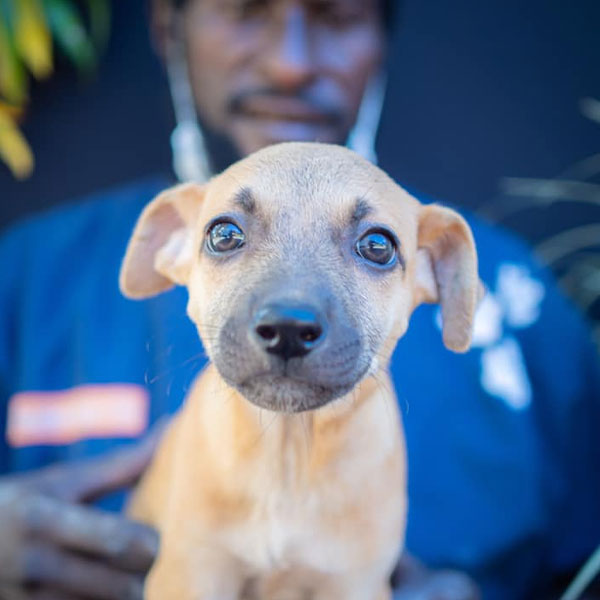
If you have any queries on the health or care of your pet please visit the RSPCAPNG Vet Clinic during surgery hours:
Monday – Friday: 9:00am – 4pm
Saturday: 9am – 1pm
Sundays and public holidays: Closed
The RSPCAPNG Shop stocks a full range of animal grooming and health care products and staff will be pleased to advise you on the best product for your pet.
The RSPCAPNG believes that all animals have the right to live their lives with:
- freedom from hunger or thirst
- freedom from excess heat or cold
- freedom from disease
- freedom from pain and suffering
- freedom to move and behave normally
For further details about membership or the work of the RSPCAPNG in Papua New Guinea please call 325 2363 or email rspca@rspca.colonygroup.co
